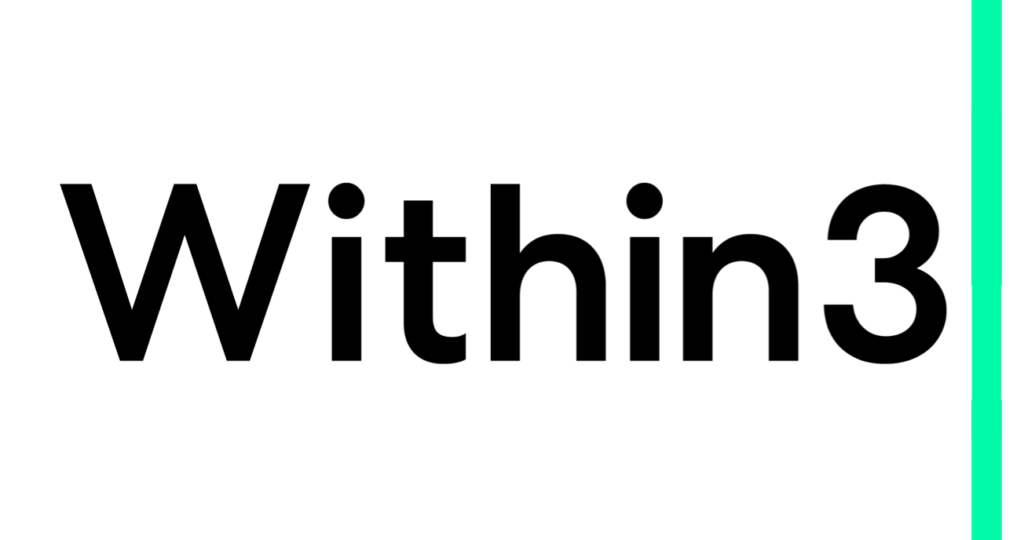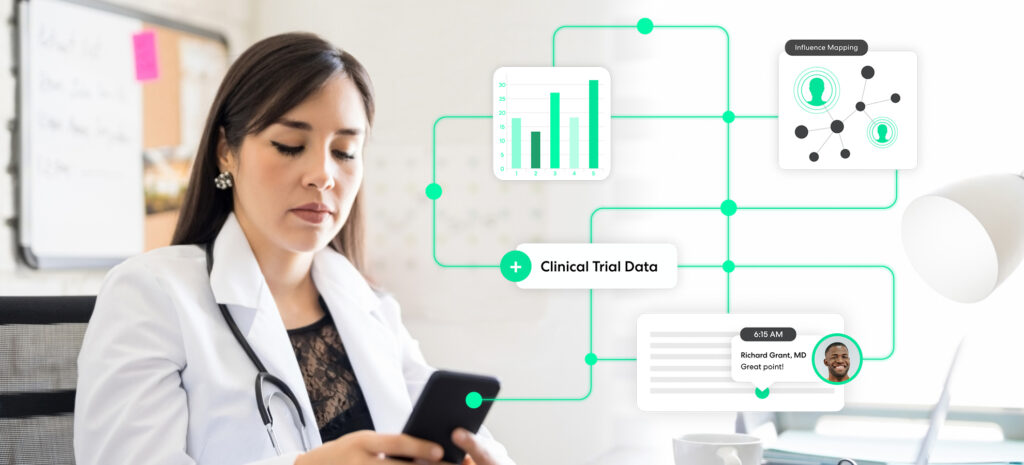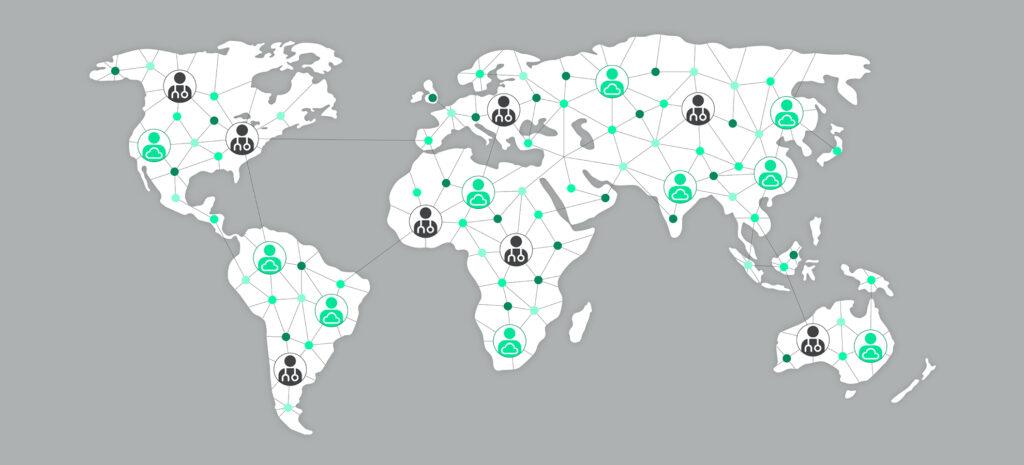Medical science liaisons may have different titles – the alphabet soup includes RMDs (regional medical directors), MSMs (medical science managers), RMLs (regional medical liaison), or simply MAs (medical advisor). Regardless of title, team size, or geographical remit, these positions will encounter some common challenges in the course of their careers. Increasingly, these challenges can be overcome with the help of technology in both training and execution of typical MSL duties.
What are some common MSL challenges?
There’s no underestimating the importance of the medical science liaison or MSL role and the scientific expertise, communication skills, and overall business acumen they bring to life science organizations. As doctor-patient relationships evolve and life science teams position patients to have a more powerful voice, MSLs and medical affairs professionals will continue to acquire new skills and take on new importance within their organizations.
Surrounded by clinical research and development as well as sales and marketing, MSL professionals are key members of medical affairs teams. They are typically focused on communication, education, and maintaining a trusted reputation. Unlike their commercial and market access peers, they also have the opportunity to engage with HCPs from pre-approval all the way through launch and beyond. But such a wide-ranging list of responsibilities is bound to incur some challenges.
Building relationships with KOLs
What is a medical science liaison? According to the Medical Science Liaison Society, Developing mutually beneficial relationships with KOLs is the job of an MSL. This means MSLs must be skilled at communicating effectively with KOLs or the key opinion leader and personalizing interactions through emotional intelligence to maximize performance and get the most out of every engagement.
These interactions are valuable for MSLs and for pharmaceutical companies, but they also offer value to KOLs. They can take advantage of research opportunities, accept speaking engagements, expand their publication activity, and collect new data about drugs, devices, and patient care. The challenge for MSLs is that prominent KOLs are getting these opportunities from several companies – including competitors. Therefore, it’s important to make it both rewarding and convenient for KOLs to participate in insight-gathering activities.
Training and upskilling challenges for MSLs
A survey of more than 200 MSLs in 2018, spanning 25 countries and split across small, medium, and large organizations, highlighted some key data about MSLs and their place within life science organizations, such as a pharma company. As a unique role that can be recruited from outside the medical industry, initial training is vital to bring the MSL up to speed. Key onboarding topics expected by MSLs included:
- Drug scientific data
- Medical strategy
- Compliance
- Competitor data
Surprisingly, the survey found that less than two-thirds received role-specific onboarding, and just over half of the respondents had a knowledge review before going into the field – suggesting an opportunity for progress and improvement.
One of the barriers to receiving training right now is digital upskilling. The ability of MSLs to conduct business was significantly challenged by the COVID-19 pandemic. In fact, many individuals in the pharmaceutical and medical device industries found themselves cut off from all of the traditional sources of medical information and scientific information. Gone were the major in-person medical meetings, as well as traveling for educational seminars. MSLs were also suddenly unable to meet face-to-face with physicians or KOLs. Suddenly, MSLs needed to be proficient with a variety of virtual tools, including asynchronous discussion platforms and other digital collaboration tools.
These challenges seemed novel, but MSLs have always needed a variety of capabilities to perform their job. From business leadership to digital innovation, staying ahead of the game is critical for meaningful internal engagement with KOLs around the globe. But now, digital engagement is a necessary skill.
The biggest barrier to MSLs in need of digital upskilling is time, which in the early phases of learning a new skill is substantial. Taking time away from essential duties to complete training means someone must fill the gap, which has a domino effect on colleagues and across the organization. At a time when pharma companies are already facing unprecedented demand, this delay can be costly.
In addition, the training gap (not knowing what to do) and the implementation gap (not knowing how to do it) increases this time commitment through the need for education modules. And finally, any reaccreditation time means that often digitally upskilling a team member with a new skill set is more costly than the benefits realized.
Compliance challenges for MSLs
While there is some overlap around compliance concerns for a medical science liaison vs. medical affairs, MSLs must maintain a delicate balance between obtaining and disseminating scientific information while remaining strictly within the bounds of legality.
MSLs have a key role in developing and delivering scientific communications to health professionals and other internal and external stakeholders. This information should be factually accurate and compliant with industry standards.
Typically, MSLs gather this information in a planned manner, through proactive engagements in the form of advisory boards, working group meetings, or other discussions. The purpose of these engagements should never include providing off-label information. While HCPs are allowed to prescribe drugs outside of their intended use, it is illegal for people in the pharmaceutical industry, such as MSLs, to promote products for off-label use. Generally, MSLs should also interact with HCPs in meetings that are separate from those with sales representatives.
How can MSLs benefit from virtual engagement?
As the role of MSLs continues to evolve, these MSL professionals will become more reliant on technology to both learn about and execute their professional duties. Proper insights management, and specifically a compliant virtual engagement platform, ensure that these professionals can improve their vocational abilities while adhering to medical science liaison guidelines.
Within3’s insights management platform can help the MSL team and the medical affairs team ensure they are identifying and speaking to the right external experts for any disease community or area of research. Asynchronous engagement can also help MSLs build and strengthen successful relationships with prominent KOLs because touchpoints can be more frequent and convenient.
Training MSLs on new data and therapies is also more straightforward when conducted via a virtual engagement platform. MSLs can complete the training on their own schedule without taking time away from their day-to-day responsibilities. For Within3 clients, teams often discover that engaging employees in training on the platform increase their digital skill level and makes them more comfortable using asynchronous discussions to engage HCPs and patients.
In one example, A US-based medical affairs team wanted to conduct new-hire MSL training focused on neurology, including deep dives into multiple topics. Goals for the training included:
- Understanding key study data for various therapies used to treat a neurological condition
- Being able to discuss the development of the therapies and their histories
- Comprehending where therapies fit into acute treatment of the neurological condition
Due to the number of complex training topics and widespread locations of the MSLs, the team used a virtual approach. The training was rolled out over a period of weeks, allowing MSLs to focus on a single module. During four multi-day sessions, MSLs responded to a total of 61 questions. The results included:
- High participation across each of the four sessions in the training program
- 100% of MSLs reported that the platform was easy to use
- Based on the success of the training, the team adopted the virtual approach for future sessions
In this new world, MSLs are becoming far more comfortable in using digital resources and education materials. As the healthcare industry and the medical community adopt new technologies and capabilities necessary to engage experts and patients digitally, MSLs will also expand their skills to include more digital tools.






